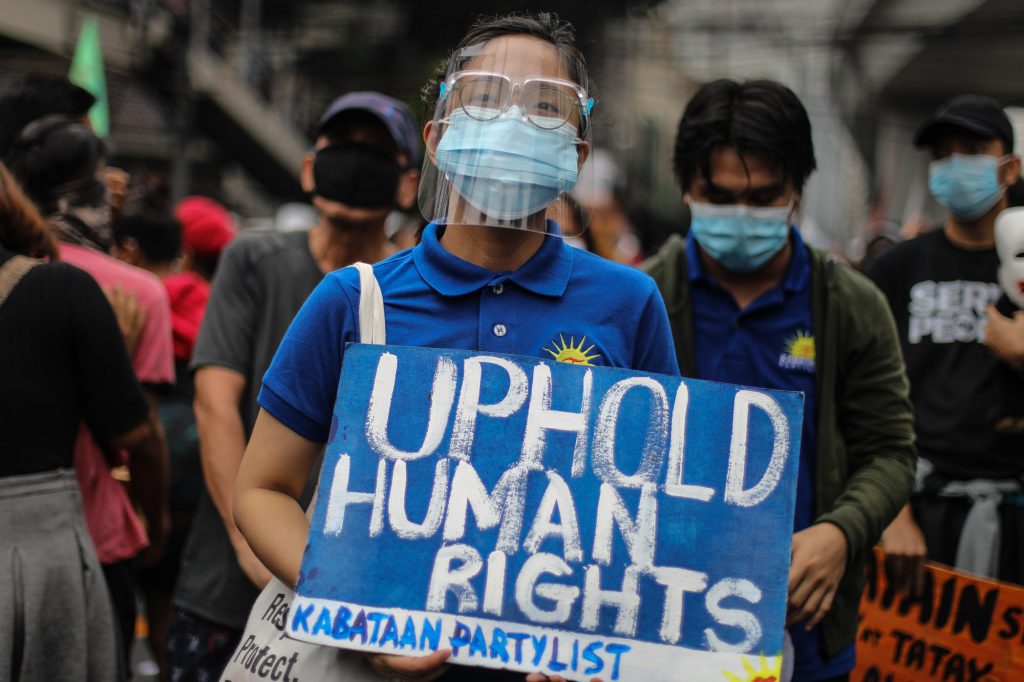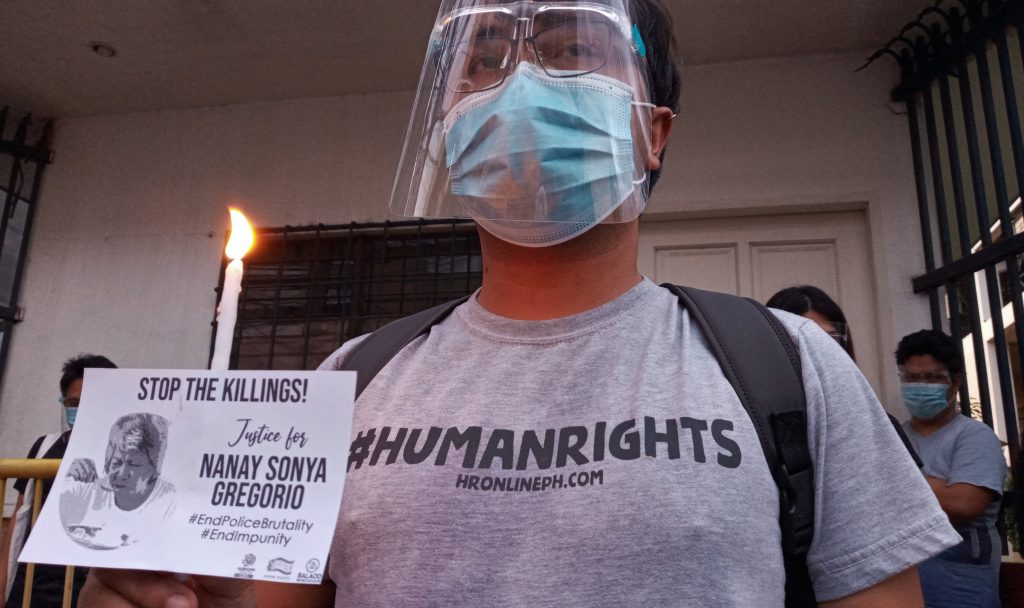
Human rights groups renewed its call for an independent UN investigation into the human rights situation in the Philippines.
Rights group Karapatan and the Asia Pacific Forum on Women, Law and Development made the call as the UN Human Rights Council holds its 47th session this week in Geneva.
The Office of the Prosecutor of the International Criminal Court has announced earlier last month that it would open an investigation into the alleged rights violations in the Philippines’ “drug war.”
“Such killings continue to this day with recent killings of drug suspects, indigenous peoples, peasants, human rights defenders, workers and many others,” said Karapatan legal counsel Maria Sol Taule.
Taule delivered the statement during the interactive dialogue with the UN Special Rapporteur on Extrajudicial, Arbitrary and Summary Executions on July 1.
She said domestic mechanisms have been “rendered ineffective in obtaining justice and accountability” and cited what she described as a “climate of impunity that besets us.”
At least 20 national and international rights organizations also expressed deep concern over “the UN Joint Human Rights Programme and corresponding nominal accomplishments of the Philippines.”
The groups warned that it would only “further establish a false perception of sufficient action while atrocities continue as routine.”
The groups said that “the situation urgently requires direct accountability action by the Council.
In October last year, a UN Human Rights Council resolution called for “technical assistance and capacity-building” for the Philippines to fulfil its international human rights obligations and commitments.
Human rights groups said the resolution falls short of their expectation for an independent international investigation into alleged state violence in the country.
UNHRC Resolution No. 45, which was adopted during the council’s 45th session in Geneva, Switzerland, on October 7 was sponsored by Iceland, the Philippines, and six other nations.
It urges member states and UN agencies to “encourage and support technical cooperation” between the Philippine government and the Office of the High Commissioner on Human Rights.

The resolution also “recognizes” Philippine government initiatives to review and reevaluate the extrajudicial killings and other human rights violations under the country’s “drug war.”
The resolution notes the Philippine government’s cooperation and participation with the UNHRC, including its “announcement of the creation of a review panel that would re-evaluate cases where deaths occurred during operations under the anti-illegal drugs campaign.”
The resolution keeps the Philippines on the agenda of the UNHRC for the next two years.
It requests the High Commissioner for Human Rights to update the council on the Philippine situation in September 2021 and to submit a report to the council in 2022.
The resolution also underlines the importance of accountability and calls for “full and transparent investigations,” prosecution of violators, and support to establish “human rights based approaches to drug control.”
The resolution fails to reflect the gravity of the situation on the ground or the findings of the High Commissioner for Human Rights in a report in June this year, mandated by the HRC’s own resolution in 2019.
The report, published in June 2020, found that the ongoing killings in the context of the so-called “war” on illegal drugs in the Philippines have a “widespread and systematic character.”
The resolution also fails to establish the international investigation repeatedly called for by UN experts and civil society around the world, and more importantly by organizations and human rights defenders in the Philippines.
Source: Licas Philippines
0 Comments